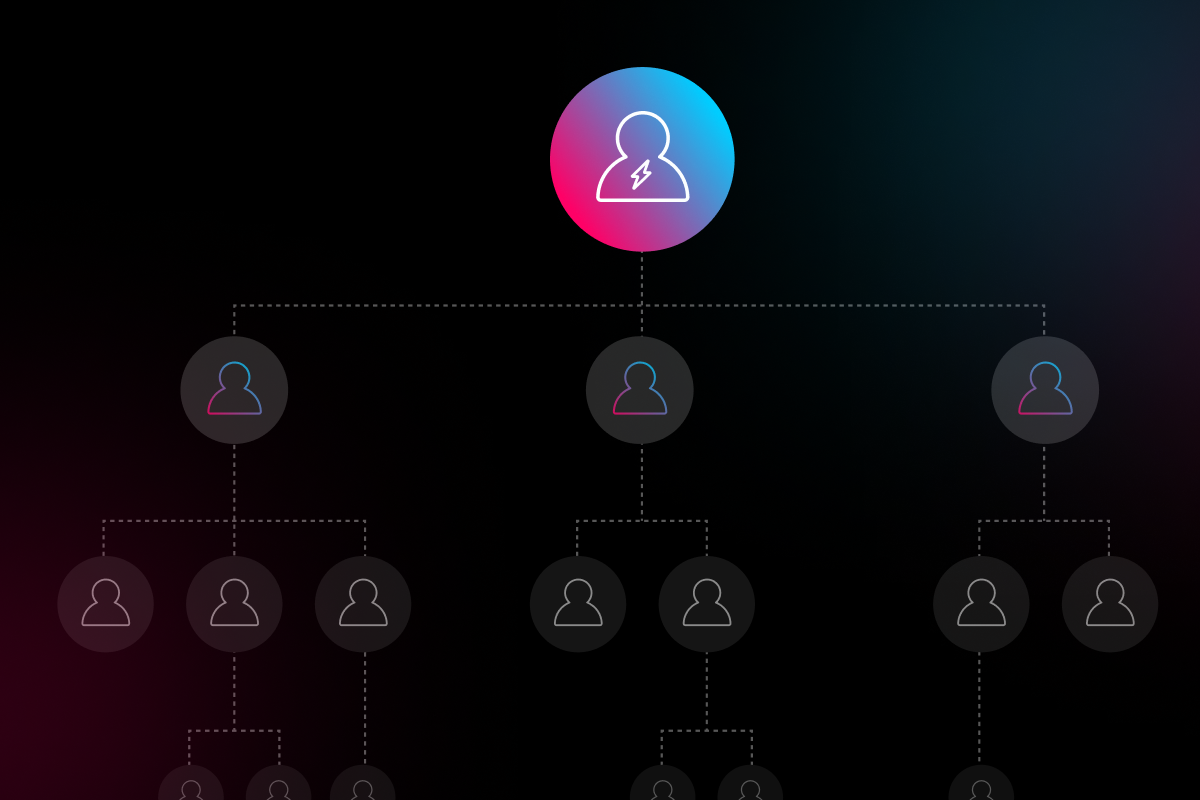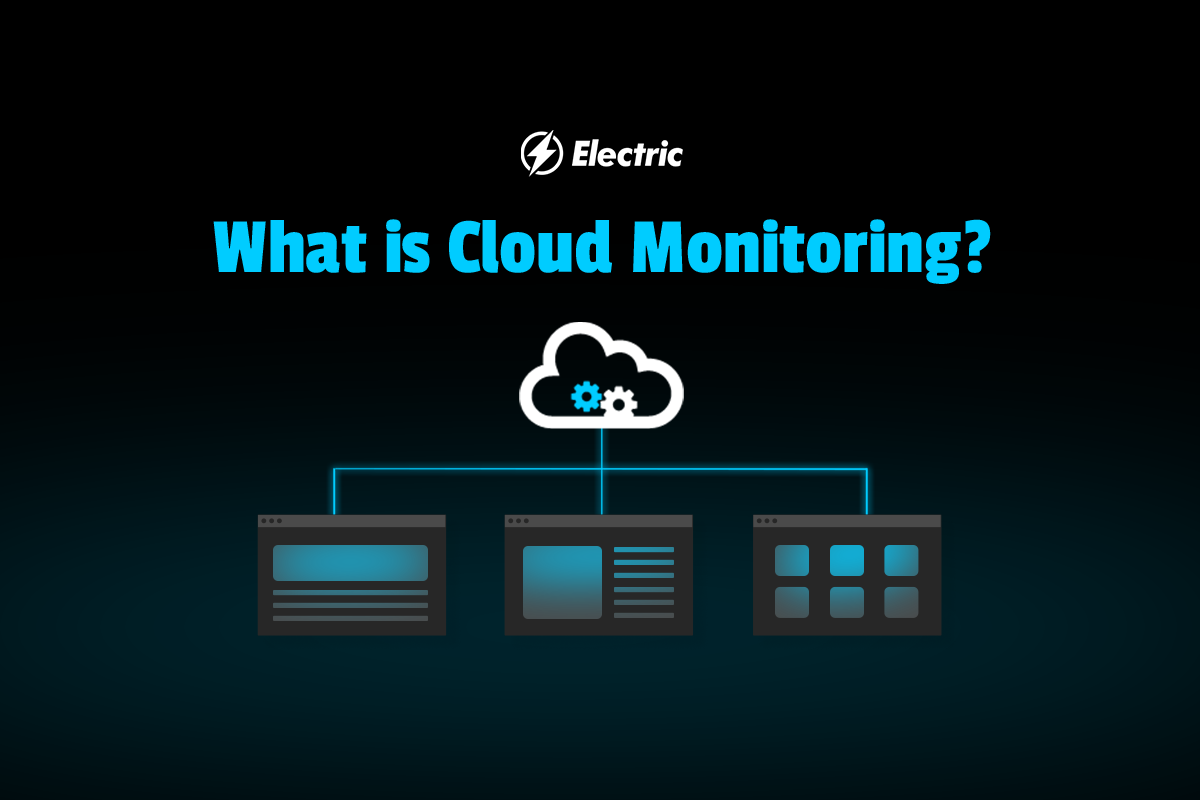
In today’s digital era, small and medium sized businesses are increasingly reliant on cloud services. With this heightened usage, comes the need for business leaders to monitor and maintain the health of their cloud-based IT infrastructures to ensure business continuity. Cyber attacks on SMBs are increasing every day, and effective cloud monitoring is an important step in your prevention strategy.
One survey found an 86% rise in the usage of IT and cloud infrastructure solutions in 2021, compared to 65% in 2020. However, the same research also found that a lack of expertise in this space is hindering progress for SMBs. This blog post will provide a cloud monitoring definition, explain why cloud monitoring is vital for SMBs, and discuss the responsibilities involved.
What is Cloud Monitoring?
Cloud monitoring is the process of observing, evaluating, and managing your cloud-based IT infrastructures’ health, performance, and availability. The process entails cloud-monitoring tools, proactive monitoring, and cloud computing involving automated or manual techniques.
As businesses focus on applications and services to boost their revenues, system performance is a critical component. For that reason, integrating cloud monitoring ensures organizations respond to developing issues proactively and mitigate loopholes that might trigger loss of time and money. By implementing cloud monitoring, your business can find and fix problems before they impact user-experience.
Why Businesses Need Cloud Monitoring
Through cloud monitoring for SMBs, engineers can identify potential problems and see patterns that are difficult for any in-house support to detect. For instance, businesses require cloud monitoring to ensure their business website maintains its anticipated download speed, delivers accurate information, detects compromised data, highlights unapproved changes, and identifies website tampering.
For rapidly growing SMBs, keeping track of every component of cloud monitoring tends to be challenging. Outsourcing to a cloud monitoring service can help your business ensure performance within limited resources. For instance, a cloud management service provider can also integrate antivirus programs to help prevent and alert you to malware, trojans, or cyberattacks.
Cloud monitoring is a vital piece of your information technology infrastructure. Its main task is to oversee timely patches, upgrades, and software updates to secure and improve SMBs’ cloud performance. Taking advantage of automated support means preventative measures and maintenance are performed seamlessly, requiring minimum human focus.
Types of Cloud Monitoring
Cloud monitoring plays a significant role in businesses by ensuring everything runs as expected for optimal performance. Below are the different types of cloud monitoring to consider in your business.
- Database Monitoring: Typically, database monitoring is a technique that tracks and examines database queries, data integrity, real-time data usage, and access requests. Note that proactive database monitoring tools like uptime detectors contribute greatly to ensuring database stability and quality responsiveness.
- Website Monitoring: Cloud monitoring allows website owners to make changes and updates in real-time to deliver a better customer experience.
- Virtual Machine (VM) Monitoring: This process monitors virtual machines across your network, allowing you to view their availability status and performance metrics.
- Cloud Storage Monitoring: Cloud storage is a shared hosting strategy for software-as-a-service and infrastructure-as-a-service solutions. SMBs can use this approach to monitor apps and keep track of performance indicators, databases, users, processes, and available storage.
- End-User Experience Monitoring (EUM): This type of monitoring analyzes the performance of the end-to-end workflow experience across multiple networks and devices to improve enterprise productivity. The use of EUM offers quality assistance by capturing website and application performance metrics such as page-loads, crashes, and network requests.
- Cloud Server Monitoring: Using a cloud server helps improve application performance, especially in the context of business transactions. Users can troubleshoot to diagnose the root cause of server performance problems more efficiently in a live production environment with such visibility.
Best Cloud Monitoring Services
SMBs looking to adopt cloud monitoring as part of their IT infrastructure must be adequately prepared to manage cloud services. However, most small-to-medium sized businesses operate on a limited budget, leading them to outsource cloud management services.
There are so many ways SMBs can benefit from a Managed Service Provider (MSP) if they consolidate their IT resources with cloud-managed services. Some of the key benefits include:
- Cost-efficient managed services: Implementing cloud-based solutions into your business by training your IT team on fully utilizing cloud capabilities can be expensive, especially for SMBs. However, outsourcing cloud services like monitoring can help manage costs. Selecting a managed services provider guarantees you quality cloud monitoring by a team of experts who fully understand your cloud environment.
- Flexible Cloud Monitoring Services: Managed cloud services are often more flexible and reliable than in-house monitoring. Your external team of experts fully understand that not all SMBs have the same cloud needs, ability, and knowledge, and can customize their monitoring services specifically for your business needs and capabilities.
- Centralized Cloud Monitoring Services: There are a variety of managed cloud service providers you might consider for your business. However, always assess the cloud management capabilities of your potential service provider when outsourcing. Making the right selection will enable your business to centralize your cloud monitoring through a single provider.
Introduce Cloud Monitoring for Your SMB
Cloud monitoring for SMBs aims to ensure that all systems provide optimal levels of performance and outcomes by utilizing various approaches and metrics. There is a significant need to monitor the cloud environment in today’s digital workplace to ensure maximum utilization of this resource. Electric’s IT support specialists help to ensure your cloud drive is easy to use, and that your content remains proprietary. Get in touch to learn more about our cloud management services.



